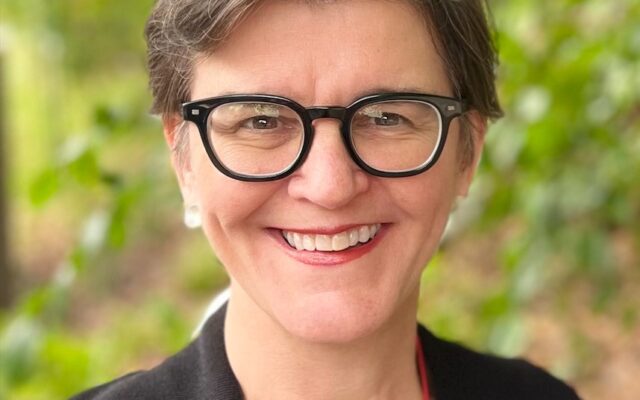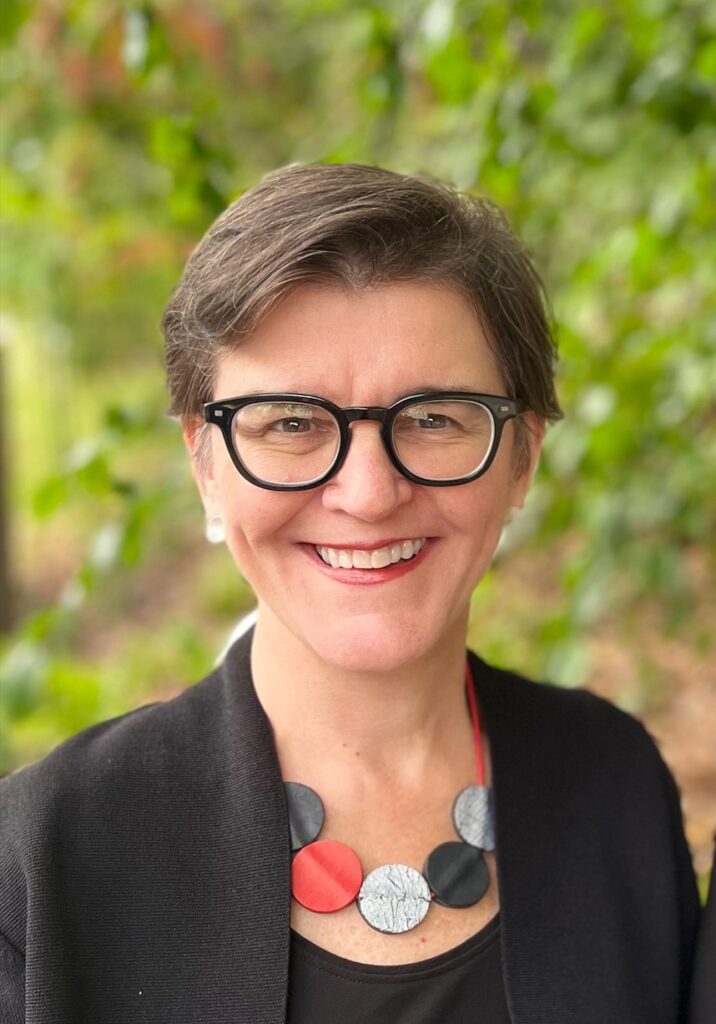
Maine Community Foundation leader named to Maine Climate Council
Deborah A. Ellwood, president and CEO of Maine Community Foundation, has been appointed by Gov. Janet Mills to the Maine Climate Council, an assembly of scientists, industry leaders, bipartisan local and state officials, and engaged citizens charged with developing and implementing Maine’s plan to address the impacts of climate change, build resiliency to climate effects, and meet state statutory targets to reduce carbon emissions by 45 percent by 2030 and at least 80 percent by 2050.
“We are pleased that Governor Mills has named Deborah Ellwood to the Climate Council to represent our state’s philanthropic community,” said Hannah Pingree, director of the Governor’s Office of Policy Innovation and the Future, and Melanie Loyzim, commissioner of the Maine Department of Environmental Protection, co-chairs of the Maine Climate Council. “Her nomination to the Council recognizes the important role that Maine’s philanthropic organizations can play in the fight against climate change, by supporting the state’s efforts to meet Maine’s climate goals and protect our people, communities and environment for generations to come.”
Ellwood’s appointment serves to amplify MaineCF’s growing commitment to climate. At its September meeting of the Board of Directors, Maine Community Foundation initiated a strategic area of focus on climate, committing financial resources, grants, investments, advocacy, collaborations, and partnerships toward a better climate future for Maine. Additional strategic initiatives will be announced in early 2024, but Ellwood commended MaineCF’s leadership for taking on the issue earlier.

Ellwood said, “as this nationally-recognized effort clearly states, Maine Won’t Wait – and we can’t wait to tackle these serious, statewide issues. I am so proud of MaineCF’s board and staff for launching a forward-looking commitment to addressing the growing causes and influences a changing climate has on our state – from culverts and roads washed out in western Maine to adapting sea life in the waters of the Gulf of Maine. Not only does it affect our land and water, but it contains an element of environmental equity and justice that has an extraordinary influence on historically excluded Mainers. This impacts all of us.”
Adilah Muhammad, MaineCF’s board chairpeson added, “Climate has moved to the forefront for MaineCF’s Board and staff – and we hear from donors that this is among the most pressing priorities in Maine. We plan to bring all the resources to bear that we can to drive solutions that boost Maine’s response to a changing climate. We are enthusiastic about accelerating this work in the years to come.”
Further information about MaineCF’s climate efforts is available at www.mainecf.org/climate, with further details on the renewed area of focus coming in the weeks and months ahead.
Maine Community Foundation brings people and resources together to build a better Maine through strategic giving, community leadership, personalized service, local expertise and strong investments. To learn more about the foundation, visit www.mainecf.org.
The Maine Climate Council was created in June 2019 by Mills as an assembly of scientists, industry leaders, bipartisan local and state officials, and engaged citizens to develop and implement Maine’s plan to address the impacts of climate change, build resiliency to climate effects, and meet state statutory targets to reduce carbon emissions by 45 percent by 2030 and at least 80 percent by 2050. The plan was delivered to Mills on Dec. 1, 2020, and is now being updated for 2024. More information is available at www.maine.gov/future/climate/council.